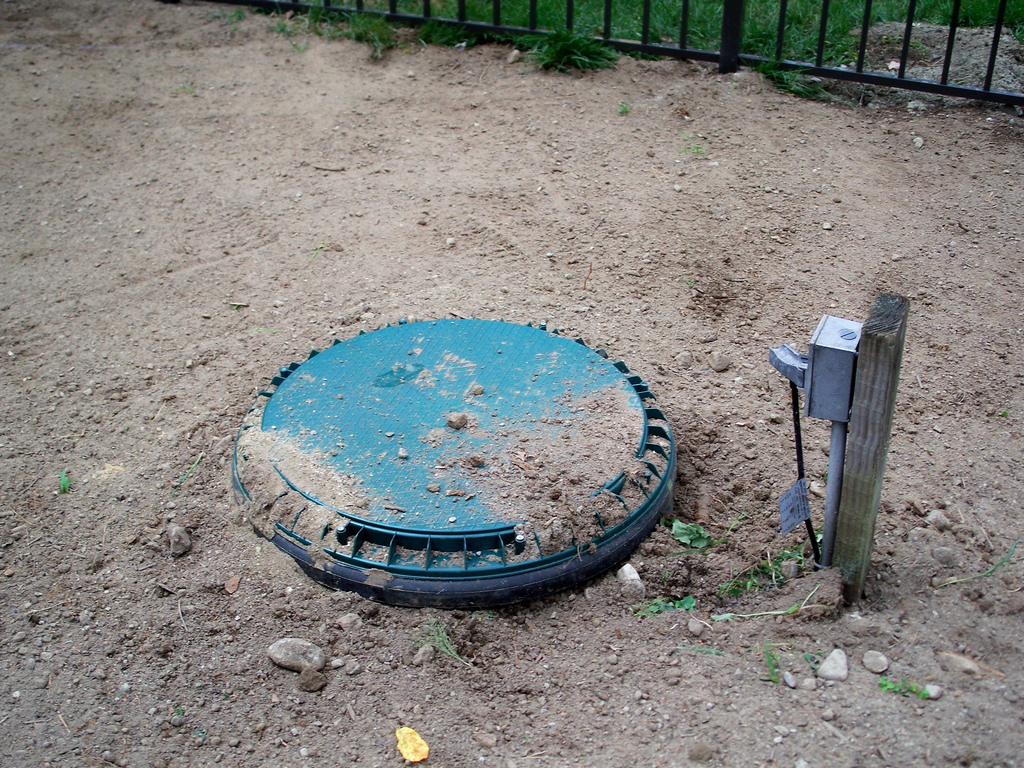
Each year, 9.4 billion gallons of raw sewage flow into our lakes and rivers from leaking septic systems, but Michigan is the only state in the U.S. without a uniform sanitary code requiring periodic inspections of septic systems. For years, we have been working to address this problem, by strengthening septic inspection requirements at the county level, and pushing for a statewide sanitary code requiring regular inspections of all septic systems in Michigan.
Right now, there is a package of bills that have been introduced in the State House that would create a statewide sanitary code including the regular inspection of septic systems every ten years, which is a step in the right direction, and a testament to the advocacy of our members and staff. However there are a few major problems with these bills that must be addressed before we can support them:
- Currently, there is no funding mechanism that would help local health departments effectively administer these programs. Our local health departments are overburdened and underfunded, we can’t expect them to effectively stand for public health without giving them the resources necessary to do so.
- There is language in these bills that would prevent local authorities from creating stronger programs than the state minimums. Local health boards and county commissions should have the freedom to go above and beyond the minimums if it is necessary to do so to protect public health.
- Only the septic tank would currently be required to be inspected every ten years—this “tank assessment” is not the same thing as a full inspection of the septic system including the tank, drainfield, and all components.
Michiganders need to contact their State House Representative and State Senator today and urge them to strengthen these bills. Tell them we need a strong sanitary code for Michigan that will protect our lakes, rivers, and streams, and make sure our local health departments have the resources needed to effectively implement this program. Together, we have come so far—help us keep the pressure up, and ensure that these bills are strengthened.



